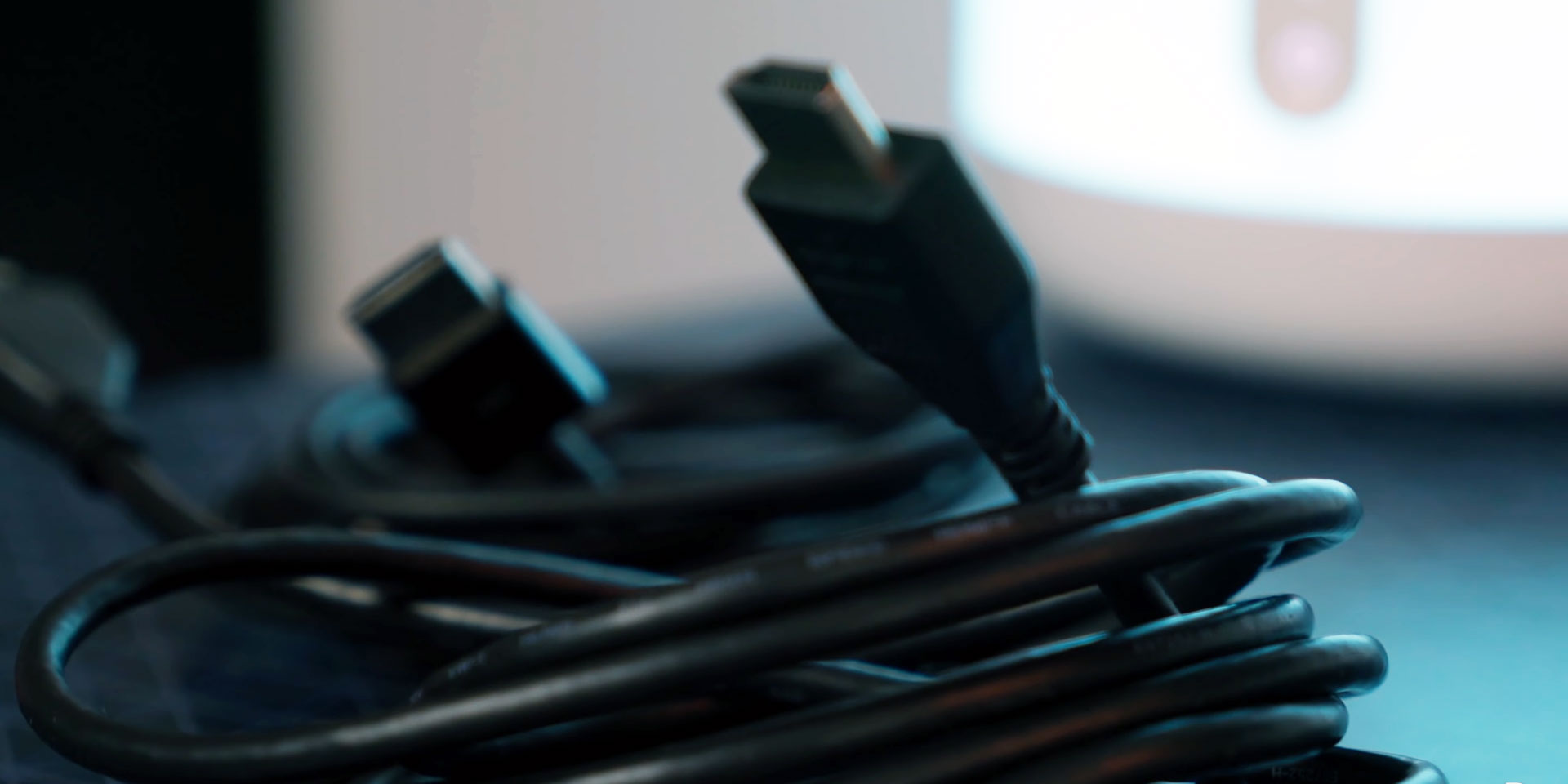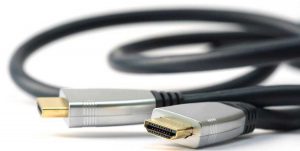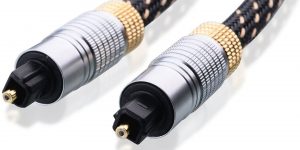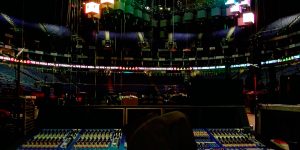HDMI cables are widely used in modern multimedia setups, transmitting video and audio data. Given their widespread use, there are (especially for beginners) many questions about their structure, mechanism of operation, optimization, etc.
In this article, I will answer the intriguing question: Does HDMI cable length matter, and does it affect the signal quality? Understanding the relationship between cable length and signal integrity is important for optimizing audio-visual experiences, particularly in setups where longer cable runs are required. Let’s explore the types and determine the best length for HDMI cable for various applications.
Understanding HDMI cables
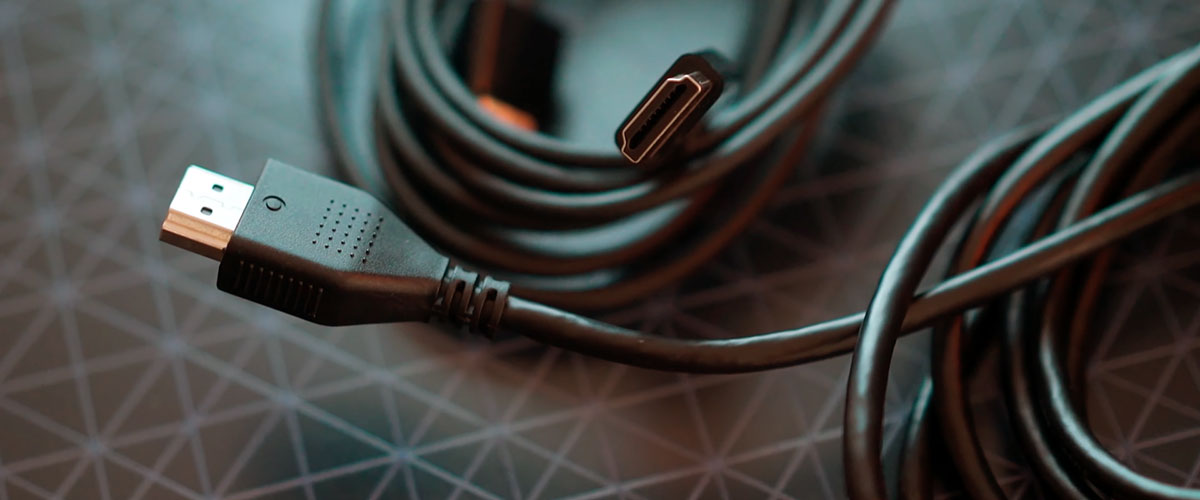
HDMI is a standard for transmitting uncompressed video and audio data between devices. It is commonly used to connect devices such as TVs, monitors, projectors, and audio/video receivers to sources like computers, Blu-ray players, gaming consoles, and set-top boxes.
There are several types of HDMI cables, each with different capabilities and specifications:
- Standard HDMI cable. Used for basic HDTV resolutions (720p and 1080i) and supports a data rate of up to 2.25 Gbps.
- High-speed HDMI cable. It is suitable for higher resolutions, including 1080p, 4K, 3D content, and deep color, supporting a higher data rate of up to 18 Gbps.
- Premium high-speed HDMI cable. This is a certification given to high-quality cables that meet stringent performance standards. They are recommended for 4K Ultra HD and HDR content.
- Ultra high-speed HDMI cable. Introduced with HDMI 2.1, this cable supports even higher resolutions and refresh rates, including 8K video at 60Hz and 4K at 120Hz. It has a maximum data rate of 48 Gbps.
- HDMI 2.1 cable. Specifically designed for HDMI 2.1 specifications, this cable supports features like higher resolutions, higher refresh rates, dynamic HDR, eARC, and more. These are backward compatible with older HDMI versions, but older cables may not support all the new features of HDMI 2.1.
When choosing an HDMI cable, I recommend considering the specific requirements of your devices and the content you want to transmit. For most common applications, a high-speed HDMI cable is often sufficient. However, if you have a 4K TV, gaming console, or other devices that support HDMI 2.1, I advise investing in an ultra high-speed HDMI or HDMI 2.1 cable for optimal performance.
The impact of length on signal quality
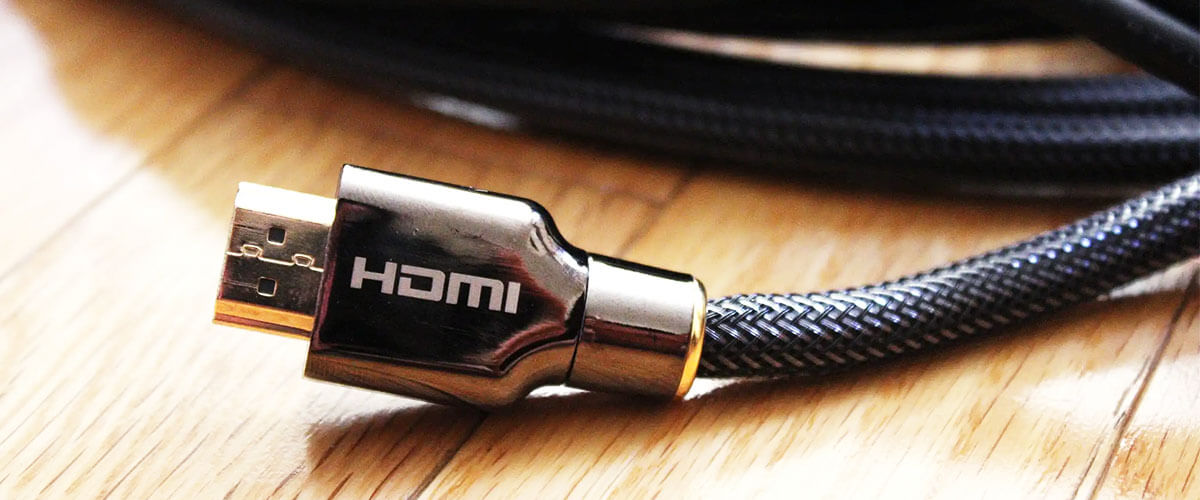
Yes, it is true that increasing the length of HDMI cable affects the performance of the entire system, increasing the likelihood of signal degradation, which can lead to problems such as loss of image quality or occasional audio distortion. This is primarily due to the high-frequency digital signals that HDMI cables transmit.
Sometimes, I experience attenuation, which refers to the gradual loss of signal strength as it travels through the cable. Higher frequencies, such as those used for 4K or 8K resolutions, are more susceptible to it. Longer cables generally have higher attenuation, leading to a decrease in signal quality.
Jitter is the variation in the timing of the signal. Longer cables can introduce jitter, which may result in issues like pixelation or audio sync problems. Note that HDMI cables are designed with a specific impedance, and longer cables may experience impedance mismatches that contribute to signal degradation.
We also shouldn’t forget about electromagnetic interference and radio frequency interference. External sources, such as other electronic devices or power cables, can cause noise in the HDMI signal.
I prefer to use higher-quality cables with better shielding and construction, which help minimize signal degradation. In addition, I always check if the cables are installed properly, avoiding sharp bends and other potential sources of damage. Since the length of the HDMI cable affects the quality, I recommend you be attentive to their location (no kinks, etc.) and quality. There is no point in buying expensive devices to then save on the quality of HDMI cables and spoil the overall impression of a video game or a new blockbuster.
When to use signal boosters or extenders
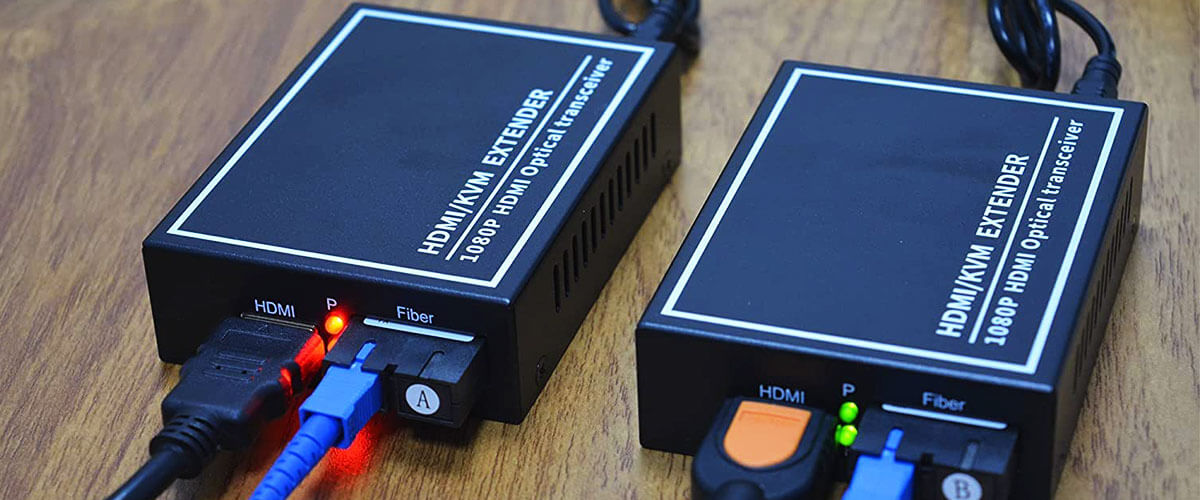
In addition to previous advice on how I cope with issues of signal quality I’ve described, I can recommend signal boosters or extenders. They are typically used in situations where the length of the cable run is beyond the recommended limits for maintaining optimal signal quality.
Considering the fact that a long HDMI cable does reduce quality, there is a recommended maximum length to maintain the signal. The standard HDMI cables are up to a length of about 25 feet. High-speed, in most cases, can reliably transmit signals up to 50 feet. The ideal length for ultra-speed cables may be shorter than with previous HDMI versions.
So, as cable length increases, there is a higher likelihood of signal degradation. However, long HDMI cables are not a bad option since signal boosters or extenders can be employed to compensate for the attenuation of the signal over long distances. If you are transmitting 4K or 8K video or using high refresh rates, signal boosters or extenders can help ensure that the signal remains strong and stable.
I often use them in complex audio-visual setups where multiple devices are interconnected and long cable runs are necessary. Transmitting HDMI signals over very long distances, especially when dealing with installations that involve running cables through walls, ceilings, or conduits, may require boosters to counteract signal loss.
If you intend to use a signal booster, make sure it is compatible with the HDMI version and features you are using. Some of them require external power sources, so consider the power requirements and availability in your setup.

